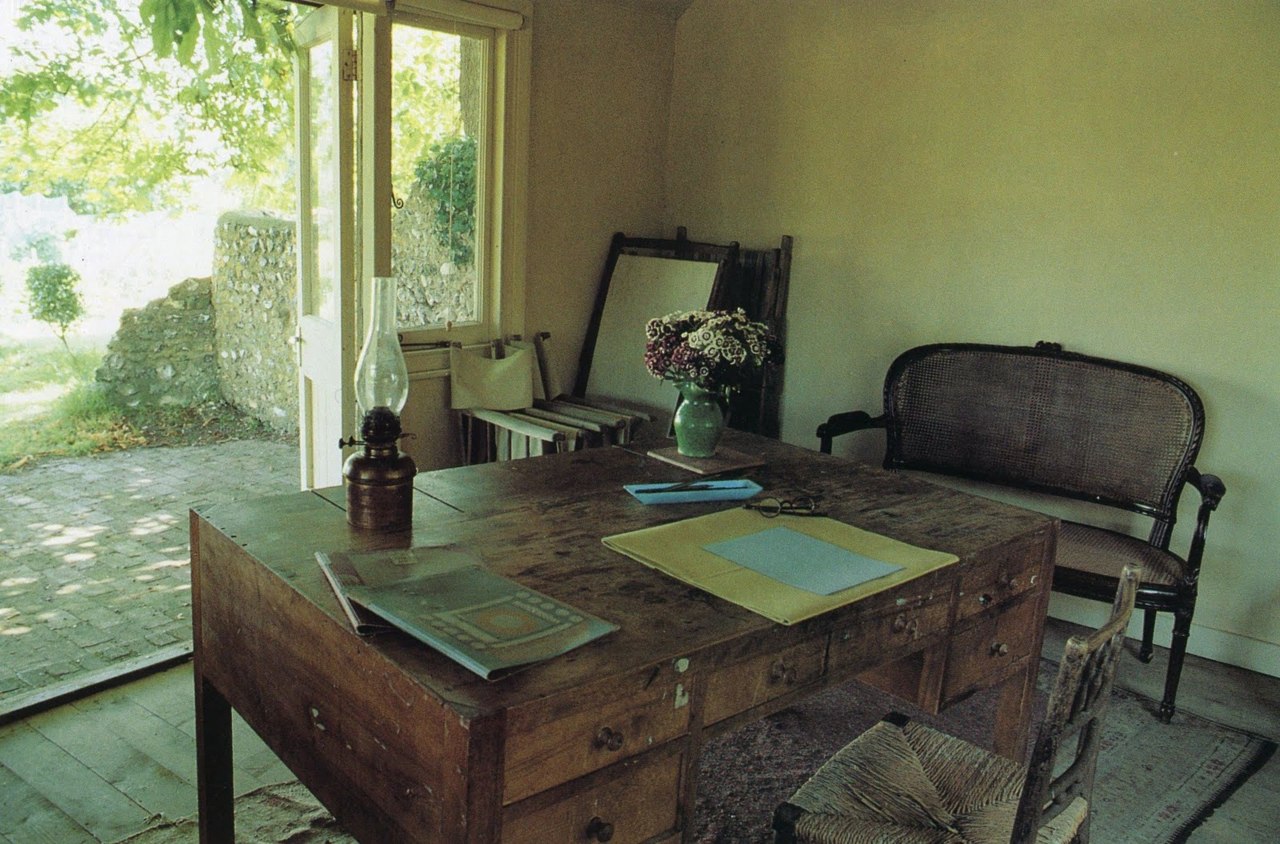WHAT IS IT WE WANT FROM OUR AUTHORS? Too much, and of the wrong sort. A writer publishes seven novels and we ask that she sit for a picture. She signs with the name she chose for herself, but we want the one on her passport. We demand her presence at the Frankfurt Book Fair, her presence at the Strega Prize ceremony, her life story, her real estate records, and not for the scholarly reasons we pretend. The truth is we feel entitled to our celebrities and consider publicity the price of fame. “Elena Ferrante: An Answer?” reads the headline of the latest attempt to reveal her identity. To which one might ask: an answer to what?
For an anonymous author, Elena Ferrante is not stingy. She has given many interviews, usually through written correspondence, and furnished her critics with ample material to aid in their task of interpretation. She has shared her literary influences, her political views, an account of her process, and her working definition of literary truth. She has also explained ad nauseam her insistence on being “absent” as an author, her refusal to appear in public as Ferrante or publish under her given name. Her initial reason was shyness. “I was frightened at the thought of having to come out of my shell,” she told the Paris Review, a hesitation most writers will understand. (Writing, at least in theory, is the rare type of performance at which the timid, nervous, and physically ungainly can excel.) Over time, she came to embrace the implicit stance against publicity, the “self-promotion obsessively imposed by the media,” and the facile readings that author-worship tends to encourage. The trouble with reading biographically—as anyone who’s tried it can tell you—is how quickly it slips into reading symptomatically: search the author for clues to the novel and soon you’ll be searching the novel for clues to the author. It’s not a crime, to read this way, but it tends to foreclose other interpretive paths. It also mistakes the author for an analysand, the novel for a dream. Ferrante’s absence keeps things open: “Remove that individual [the author] from the public eye,” she said, and “we discover that the text contains more than we imagine.”
Ferrante’s case against biographical criticism was, in its way, far simpler and more conservative than its antecedents: the New Critics’ “intentional fallacy” and the poststructuralists’ theory of the author-function. For Ferrante, an author’s absence merely restored the basic conditions of literature to the public: it enabled the writer to write and the reader to read. There would be no time-consuming book tour or demoralizing spreads in the Thursday Styles section, where the women writers often go. (What is Elena Ferrante wearing? Can you imagine?) Nor would there be any irritating authority figure saying this or that character is really X, no obnoxious public presence we would have to square, somehow, with the beautiful things she wrote. The persona of the author is an intrusion on the solitary psychic space of a novel. By protecting her privacy, Ferrante protected ours.
(…)


